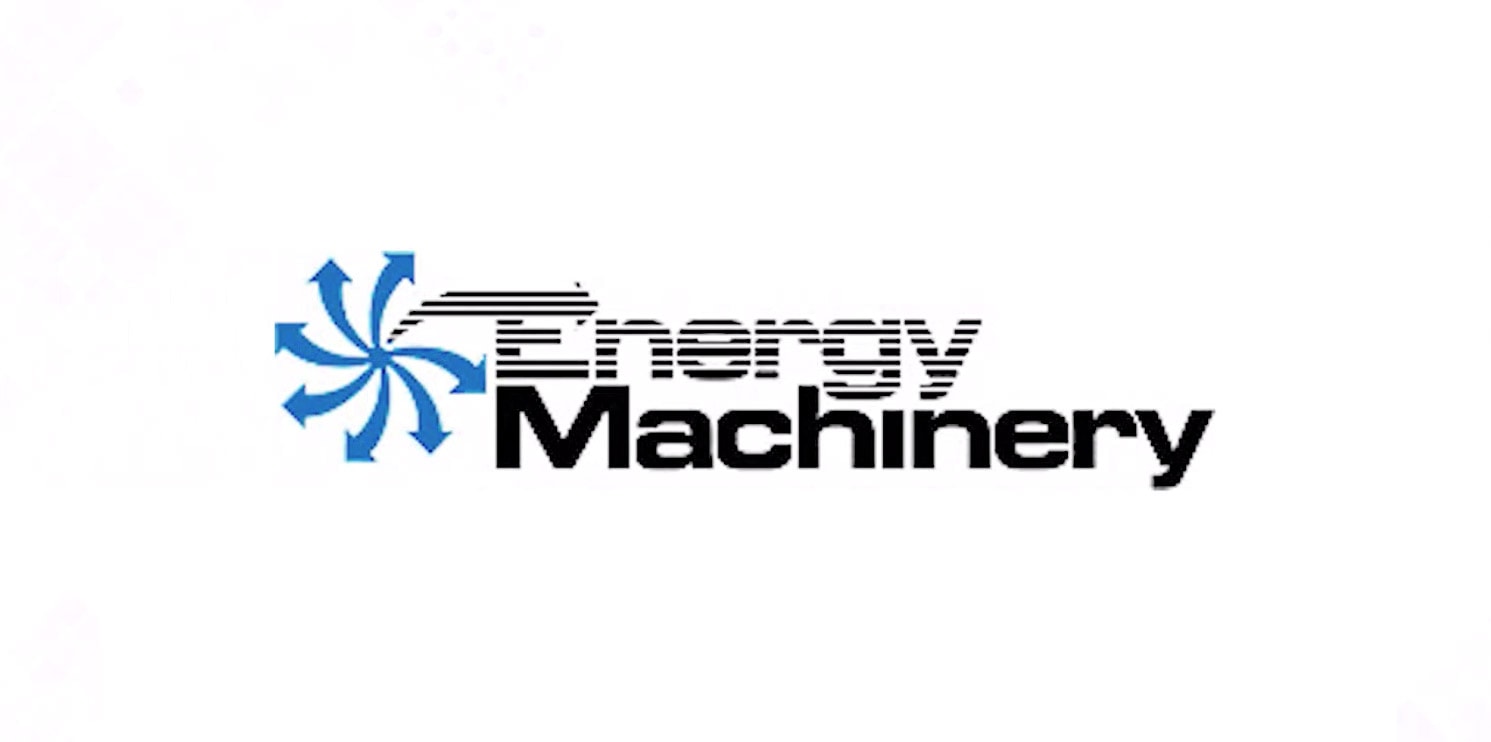 Up to 20-30% of an industrial compressed air system’s output is lost to air leaks—a huge amount of waste in terms of both energy and costs. A full air compressor energy audit can detect and correct air leaks and other sources of waste, improving system performance and productivity while controlling costs and limiting carbon footprint.
Up to 20-30% of an industrial compressed air system’s output is lost to air leaks—a huge amount of waste in terms of both energy and costs. A full air compressor energy audit can detect and correct air leaks and other sources of waste, improving system performance and productivity while controlling costs and limiting carbon footprint.
Learn more about Energy Machinery’s air compressor energy audit services, our process, and more.
Air Compressor Energy Audit Services
Energy Machinery air compressor energy audits comprise several distinct processes:
- Air Leak Studies
- Monitoring
- End Use Optimization
- System Design
We also review compressed air demands on-site to reduce any non-value-adding consumption within the facility.
Air Compressor Energy Audit Process
During an air compressor energy audit, Energy Machinery technicians follow this procedure:
- Measurement & Recording: For approximately 1-2 weeks, we record various parameters of the compressed air system, including compressed air flow (CFM), air pressure (PSIG), and power (kW).
- Energy Management Equipment Installation: We then curate and install a permanent Bluetooth data-logging device, which continuously transmits flow meter readings to our technicians.
- Ultrasonic Air Leak Survey: This survey quickly helps us find and document leaks, which we categorize according to location, size, and estimated loss in air flow (CFM). We also provide an estimate of potential energy savings.
- Comprehensive Analysis: We give a high-level review of end-use demand and analysis of better and more energy-efficient practices.
- Detailed Presentation of Findings: Once complete, we present our findings in a detailed summary. Our report includes performance indicators for the system’s supply side and demand side, along with energy-efficiency recommendations, projected energy savings, and payback periods.
Air Compressor Energy Audit: Air Leak Studies
Energy Machinery’s Leak Detection Services help reduce direct waste via leaks before carrying out a full system optimization plan.
First, our ultrasonic detector locates compressed air leaks, even on noisy production floors and other work environments. We check compressed air system headers, drops, points of use connections, and production machinery, marking each leak with a numbered tag for easy reference.
We generate a tabulated leak survey detailing:
- Leak designation
- Leak location
- Estimated leak size (small, medium, large)
- Date of discovery
- Estimated aggregate leak load
- Repair comments
Air Compressor Energy Audit: Monitoring
We monitor your air compressor for a period of 1-2 weeks, which allows us to collect important data about your system’s performance, energy consumption, and more. Using this knowledge, we can help you reduce your electricity bill and carbon footprint and improve your bottom line. Here are the critical factors we monitor:
- Power (kW): We monitor the amount of kilowatts (kW) your air compressor consumes during operation because this level directly correlates with your long-term operating costs and energy consumption. More energy-efficient equipment and operations will reduce kW draw and produce the same or better output.
- Amperage (amps): This is the electrical current running through the compressor’s motor. High amp readings suggest excessive electrical power consumption. An energy-efficient compressor has lower amp readings, which indicate more efficient motor operation, reduced energy costs, and extended service life.
- Compressed Air Pressure (PSIG): Measured in pounds per square inch gauge (PSIG), compressed air pressure needs to be at an optimal level for efficiency in specific applications. If PSIG is higher than necessary, it could result in excess power consumption.
- Compressed Air Flow (CFM): Measured in cubic feet per minute (CFM), this is the volume of air produced by the compressor. Monitoring CFM during system usage allows our technicians to zero in on how much air is appropriate for a given task. Efficient air compressors can reduce energy consumption while maintaining or increasing CFM as needed. We help you avoid overloading the system, saving energy and improving system reliability and performance.
How Customers Benefit From Air Compressor Energy Audits
Energy-efficient air compressors help businesses minimize operating costs while reducing carbon footprint. Energy Machinery has helped customers save millions of kW in electricity usage, resulting in thousands of dollars saved.
By optimizing your compressor’s kW draw, CFM, amp readings, and PSIG, you’ll also enjoy greater equipment reliability and system performance, with less downtime or repairs. To schedule your air compressor energy audit and hone your system’s efficiency, request more information today.







